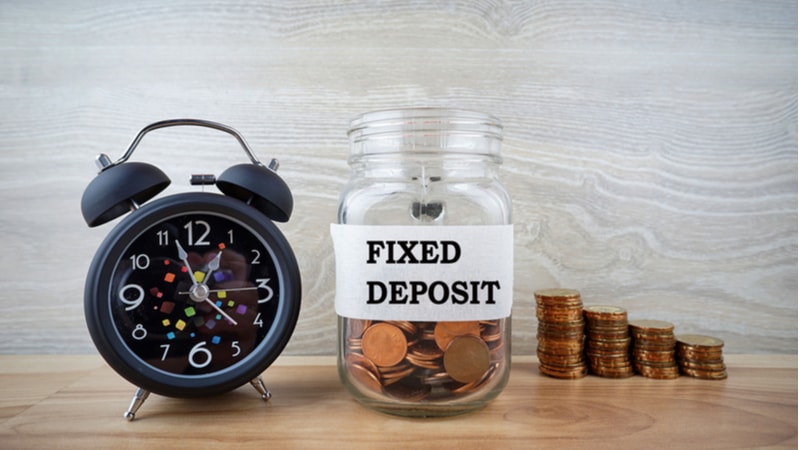Fixed deposits are among the most trusted investment options in India. This is largely attributed to the fact that fixed deposits are simple, safe, and offer steady and predictable returns.
If you are someone who has tried to invest in a fixed deposit before, chances are you have heard about cumulative and non-cumulative FDs. This is one choice investors have to make before they make an investment decision regarding FD. But what are they? How does a cumulative FD differ from a non-cumulative FD? And which among these two would suit you? Let’s find out through this article.
How does an FD work?
To understand cumulative and non-cumulative FDs, it is important to know how FDs work. Fixed deposits are savings schemes offered by different banks and non-banking financial corporations. FDs generally have a better interest rate than a normal savings account. There is a maturity period for every FD and till that date of maturity, you will continue to earn interest.
Now, how is this interest paid? There are two ways to go about it. Either you can be paid at predefined intervals or the interest can be added back to the fixed deposit so that it can also generate interest. This is how cumulative and non-cumulative FDs differ. Let’s take a look at each of them to understand this better.
Cumulative FDs
Cumulative fixed deposits reinvest the interest generated through your fixed deposit to enable the compounding of your deposit. Here, the reinvested interest will also start to accrue interest. Hence, this type of fixed deposit gives you superior returns, especially when invested for a longer-term. Here, the interest payment is done at the end of the maturity period. This option is suitable for investors who are not looking for a regular source of income from their investment and rather want to appreciate their capital in a low-risk way.
Non-cumulative FDs
Non-cumulative fixed deposits are the ones that pay you interest regularly. They don’t reinvest the interest back to the account and so the power of compounding is not fully benefited from. You can use non-cumulative FDs forsetting up a regular source of income in the form of interest payments on your capital. This could be extremely suitable for retirees or freelancers who want stability and security of income. The caveat here is that non-cumulative FDs’ interest will be smaller when compared to their counterpart due to the lack of compounding.
Which one will suit you better?
That depends on your preference. If you are someone who is looking for regular income, then a non-cumulative FD could work for you better. On the other hand, if you are looking to appreciate your capital safely, cumulative FD is what you should consider.
Both these options work well if you have a lump sum amount to invest. If you don’t have that, you could consider a recurring deposit or an RD.Through an RD, you can invest a smaller amount every month to slowly build your corpus. The interest will keep accruing on your recurring deposit account and both cumulative and non-cumulative options can be opted for here too.
Choose FDs, choose right
Every portfolio needs diversification and FDs could be that much-neededlow-risk option for you. Talk to your financial advisor and open an FD account soon!

